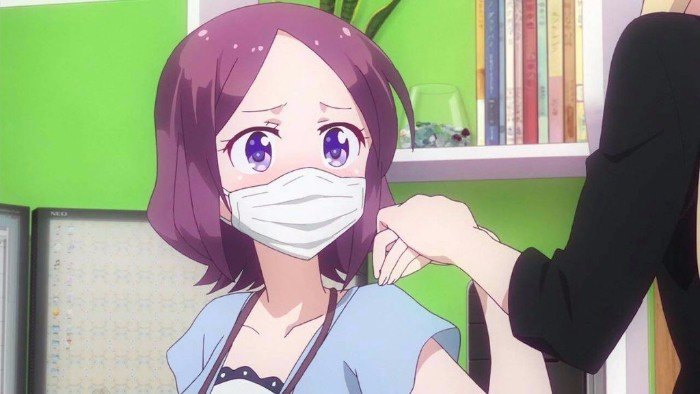What’s up with those Japanese Surgical Masks? I’ll Tell You.
There are certain things foreigners are surprised to find when they visit Japan for the first time. Taxis with doors that open automatically. Vending machines selling exotic canned coffee and corn soup. Toilet seats that wash your butt for you. Also, the high number of surgeons in Japanese cities, wearing surgical masks as they rush around to get to their next operating room appointment. Or that’s how it looks to us, when we first see the large number of people wearing protective face masks in public. Here are some facts on Japanese surgical masks…
- They’re worn for protection from germs. Japan has very high levels of hygiene, and wearing face masks adds to this general feeling of cleanliness.
- Etiquette. If you have a cold or allergies, it’s good manners to wear a mask so you don’t get your germs on others.
- Social reasons. Wearing a face mask makes you feel like you’ve got a little privacy on a crowded commuter train. Young people report they “feel calm with a face mask on.”
- Warmth. Wearing one of these masks in winter can be quite toasty.
- Food hygiene. Anyone making or serving food will wear one of these masks to reassure customers that it’s safe to eat.
- Women can wear these face masks and get away with not putting on make-up.
- There are various kinds of Japanese surgical masks, including ones with inner frames that make them comfortable to wear all day, special masks that keep glasses from fogging up, and types specially designed for hay fever season. In the 1970s, Japan made the short-sighted decision to standardize all forestry on one type of tree (Japan cedar), which had the unintended result of creating millions of allergy sufferers in the country.
- These masks are popular all over Asia, for example in Chinese cities to protect against pollution. Taiwan has a specific tradition of making large, flamboyant masks with bright decorations on them, which sometimes become fashionable in Japan.
- Japanese surgical masks date back to the Spanish Flu outbreak of 1918, exactly a century ago. The custom of wearing face masks caught on then and never went away.
- These face masks made a certain duck quite famous. When AFLAC founder John Amos visited the Osaka Expo in 1970, he was surprised at the face masks around him, which indicated a high interest in health. He made the decision to enter the Japanese insurance market, investing $10,000 to open a branch. Today Aflac does $23 billion in sales, mostly in Japan.
Our friends over at Nutaku have a sick looking game coming soon: Tits ‘n’ Tanks. It’s in pre-registration right now which means you can get some nice rewards so when the game releases you have some great free starting gifts! TnT is real time anime-style tank warfare experience! Upgrade and customize your tanks while you ‘interact’ with the hot anime babes in the top tank college in the world! Featuring live 5v5 PVP matches and a full single player story driven campaign, this game is sure to get your blood pumping.

















